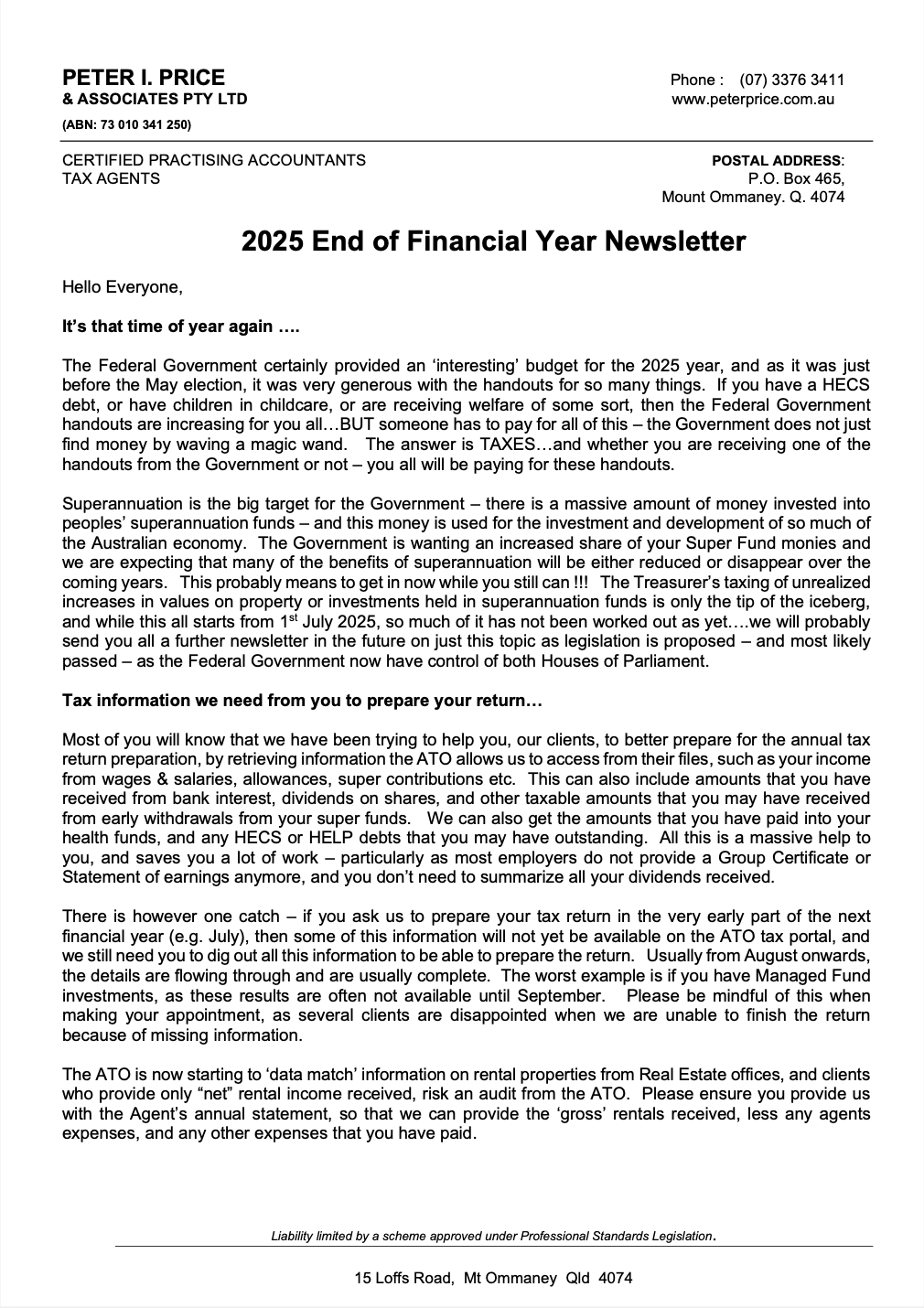Franchising and Leasing: Legal Issues to Consider When Securing a Location

.
Securing the right location is crucial for franchise success, but the intersection of franchise agreements and commercial leases can create complex legal considerations. Understanding these issues before committing to a lease can save franchisees significant time, money, and potential disputes down the track.
This article will examine the important legal considerations franchisees must navigate when securing locations, including the complex relationship between franchise agreements and lease terms, essential due diligence requirements, the strategic decision of who should hold the lease, and the important restrictions around use and assignment that can impact both current operations and future business transfers.
Understanding the Franchise-Lease Relationship
The relationship between franchise agreements and commercial leases is one of the most complex aspects of establishing a franchise business. These two legal documents must work in harmony, yet they are often negotiated separately and may contain conflicting requirements. Franchise agreements typically specify detailed operational requirements, including premises standards, location criteria, signage specifications, fit-out requirements, and trading hours. Simultaneously, commercial leases impose their own set of obligations and restrictions that may not align with the franchisor’s requirements.
This creates a situation where you must meet both sets of rules, where franchisees must satisfy both their franchisor’s operational requirements and their landlord’s lease conditions. When conflicts arise between these obligations, franchisees can find themselves caught between competing legal duties. For instance, a franchise system may require specific external signage or 24-hour operations, but the lease may restrict signage rights or impose particular trading hours. Such conflicts can create significant operational challenges and potentially lead to breaches of either agreement.
Who Will Hold the Lease?
One of the most strategic decisions in franchise leasing arrangements concerns whether the lease should be held directly by the franchisee or by the franchisor, with a licence granted to the franchisee.
Franchisor Holding the Lease (With Licence to Franchisee):
- Greater negotiating power with landlords, particularly for nationally recognised brands.
- Potential for better rental rates and lease terms.
- Reduced complexity for franchise grant and transfer.
- Consideration: Additional disclosure requirements for retail premises.
- Consideration: Franchisee may still provide a bank guarantee/security deposit and obtain insurance to meet the requirements of the lease.
- Risk: Franchisee loses all premises rights if the franchise relationship ends.
- Risk: Limited franchisee control over renewals and rent negotiations.
- Risk: Franchisor is primarily liable to the landlord for default by the franchisee.
Franchisee Holding the Lease Directly:
- Stronger rights to stay on the premises for the franchisee.
- Direct control over lease renewals and negotiations.
- Protection of investment in fit-out and premises development, including landlord contributions.
- Drawback: Reduced negotiating power compared to large franchise systems.
- Consideration: Franchise agreements typically still require franchisor consent for assignments and the right to take over the lease if the franchise agreement ends.
Regardless of the chosen structure, franchise agreements typically require franchisor consent for any lease assignments or transfers, creating additional complexity in future business transactions. This requirement must be carefully considered alongside the lease’s own assignment provisions to ensure future flexibility is preserved.
Due Diligence Before Signing
Before committing to any lease arrangement, franchisees must navigate a comprehensive due diligence process that extends far beyond typical commercial lease considerations. You must get your franchisor’s approval before committing to a site, so build this step into lease negotiations. It is essential to check that your lease term and renewal rights line up with your franchise agreement’s duration. Being mindful of the different requirements and timeframes for exercising any renewal is key to minimising interruptions.
The franchisor approval process typically involves submitting detailed information about the proposed premises, including complete lease terms, site plans, demographic data, and location specifications. Franchisors often maintain strict criteria regarding foot traffic patterns, parking availability, street visibility, proximity to competitors, and local demographic profiles. Franchisor approval may take weeks or months, especially in newer systems that are still setting site selection criteria.
Experienced franchisees tie the lease to franchisor approval, protecting themselves in case the franchisor later rejects the site. This approach requires careful drafting to ensure the condition is enforceable while maintaining the landlord’s confidence in the transaction’s completion.
Beyond franchisor approval requirements, comprehensive demographic and market analysis forms a crucial component of pre-lease due diligence. This means checking whether the area has the right customers, how much competition is nearby, population and growth trends, and other signs of economic strength. Some franchise agreements set minimum standards for these factors, so you may need to prove they’re met before moving ahead. If you’re leasing retail space, it’s also worth checking whether the landlord has plans for future renovations, as these could affect your business.
Use and Assignment Restrictions
Lease limits on use and assignment create added challenges for franchisees beyond standard tenancy considerations. Ensure your permitted use clause covers today’s franchise activities and allows flexibility for future changes.
Franchise systems regularly update services, add products, or change operations to meet market demands and competition. Narrow permitted use clauses may block you from adopting system changes, causing clashes between your lease and franchise agreement. Similarly, your franchisor may require renovations and changes to branding or renovations, but major works also need landlord approval. Experienced franchisees secure clauses that allow for changes across the franchise network and permit reasonable adaptations to the business model.
Assignment and subletting in franchises can be complex, as approval is typically required from both the landlord and the franchisor. Before selling or partnering, dual approval can complicate matters, as buyers must satisfy both landlord and franchisor requirements.
The timing and coordination of these approval processes require careful management and coordination. Franchise and lease approvals often run on different timelines, which can create conflicts in completing the deal. Some franchises provide streamlined approvals with lease assignments, but many franchisees must handle these approvals separately.
Key Takeaways
The overlap between franchising and leasing presents unique legal challenges that necessitate careful consideration and professional guidance. Engage experienced legal counsel to review your franchise and lease agreements together, ensuring aligned obligations and protecting your investment. Conduct proper due diligence and understand legal issues before signing to prevent costly disputes and secure franchise success.
Frequently Asked Questions
Why is it important to review both the franchise agreement and the lease together?
Franchise agreements and commercial leases often contain different requirements that may conflict. Franchisees must comply with both, which can create problems if, for example, the franchisor requires 24-hour trading but the lease restricts operating hours. Reviewing both agreements together helps avoid disputes and breaches.
Franchisees should make sure the lease term matches the franchise agreement, secure franchisor approval of the site, and investigate demographic and market factors such as customer base and competition. It is also important to check permitted use clauses and ensure future flexibility for changes in the franchise system.
William Green
30 September
legalvision.com.au

